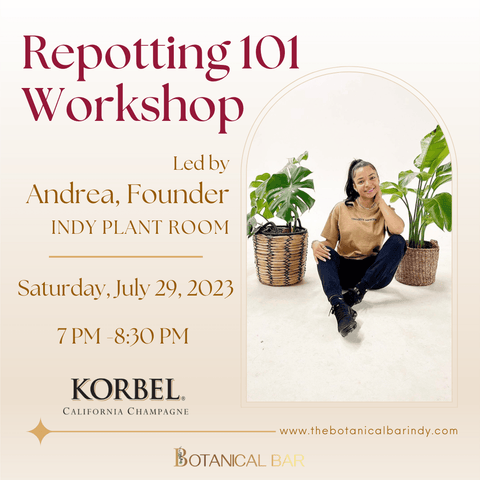Houseplants are a wonderful addition to any home, providing beauty, improved air quality, and a sense of tranquility. If you're considering adding some greenery to your living space, you may be wondering when is the best time to buy houseplants and when to transplant them. In this article, we will explore these questions and provide you with a comprehensive guide to help you make informed decisions.
When is the Best Time to Buy Houseplants?
Choosing the right time to purchase houseplants can significantly impact their health and longevity. While houseplants are available throughout the year, there are a few key factors to consider for optimal selection:
Spring is generally an excellent time to buy houseplants as it aligns with the natural growth cycle of many plants. Nurseries and garden centers tend to have a wide variety of options during this season, and plants are often in their healthiest state.
Late summer/early fall: Another favorable time to buy houseplants is late summer or early fall. As the outdoor gardening season comes to a close, nurseries may offer discounts to clear out inventory. However, it's essential to check the health and condition of the plants before making a purchase.
Year-round: While the above seasons are generally considered optimal, it's worth noting that many houseplants are available year-round due to increased demand. So, if you have specific plants in mind, you can often find them regardless of the season.
What Time of Year Should I Transplant Houseplants?
Transplanting houseplants is an essential part of their care, allowing them to grow and thrive in larger pots as they outgrow their current containers. The best time to transplant houseplants depends on the specific plant and its growth patterns.
Here are some general guidelines to follow:
Spring is an ideal time to transplant most houseplants. As the days get longer and temperatures rise, plants naturally enter a period of active growth. Transplanting during this season allows them to establish new roots and adjust to their new containers more quickly.
Early summer: If you missed the spring window, early summer can also be suitable for transplanting houseplants. Just ensure that you do it before the peak summer heat sets in, as extreme temperatures can stress plants during the transplanting process.
Avoid winter: It's generally best to avoid transplanting houseplants during the winter months when their growth slows down. Cold temperatures and reduced sunlight can hamper their ability to recover and adapt to new conditions.
Knowing the best time to buy houseplants and when to transplant them can greatly contribute to the success of your indoor garden. Spring and late summer/early fall are prime seasons for purchasing houseplants, while spring and early summer are optimal for transplanting.
However, it's important to consider each plant's specific needs and growth patterns to ensure their health and vitality. By following these guidelines, you'll be well on your way to creating a thriving indoor oasis filled with beautiful, healthy houseplants.





Comments (0)
There are no comments for this article. Be the first one to leave a message!